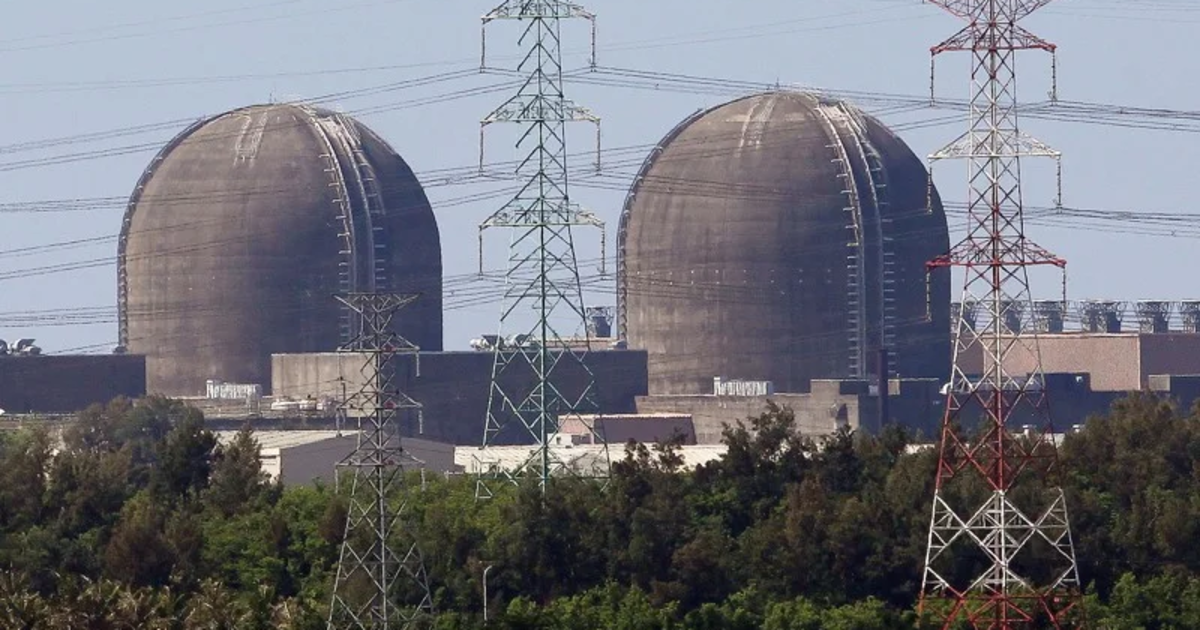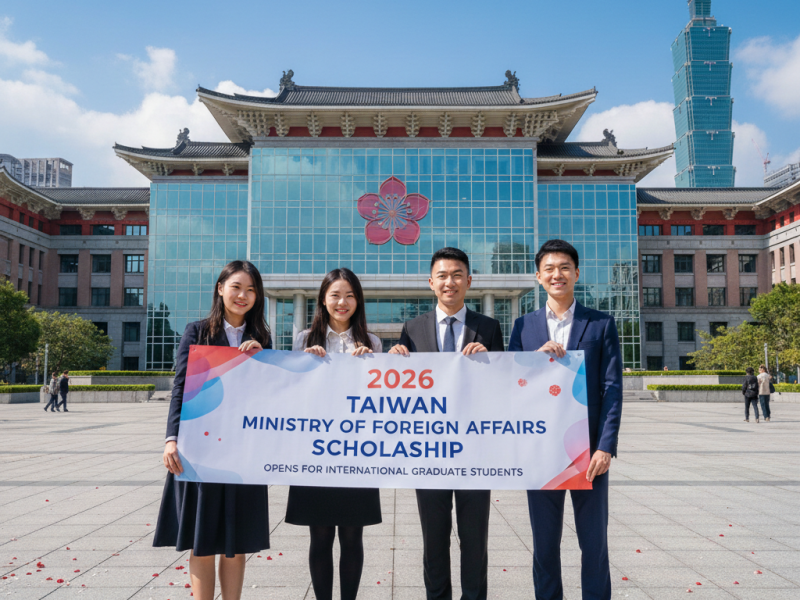Taipei, July 19, 2025 — With the highly anticipated referendum on the restart of Taiwan’s Nuclear Power Plant No. 3 set for August 23, the Central Election Commission (CEC) has revealed the official lineup of speakers for both sides of the debate. Five televised forums will begin on August 7 to present the arguments for and against restarting the facility.
Among the prominent supporters of the restart are members of the Blue and White political alliance, along with notable figures from the academic and business sectors. These include Pegatron Technology Chairman Tong Tzu-hsien, nuclear energy expert Yeh Tsung-kuang, and Huang Shih-hsiu, founder of Nuclear Energy Mythbusters. They will join lawmakers Huang Kuo-chang of the Taiwan People’s Party and Weng Hsiao-ling of the Kuomintang (KMT) on the affirmative team.
Huang confirmed that both Yeh and Tong were invited to participate by the People’s Party caucus, which was authorized to establish an affirmative campaign office. He will serve as its lead representative during the debates.
Affirmative Side Highlights Clean Energy, Energy Security
KMT lawmaker Weng Hsiao-ling laid out the key arguments in support of restarting the plant: nuclear power is a clean energy source vital to public health, energy independence is essential to national security, and relying solely on renewable energy is risky due to its variability. She also emphasized that nuclear waste can be managed with modern technology and noted that many countries are now returning to nuclear energy—while Taiwan appears to be going in the opposite direction.
Opposition Team Confirmed After Initial Hesitation
While the Executive Yuan initially hesitated to appoint representatives for the opposing side, citing legal and administrative considerations, it eventually confirmed two speakers: Lin Tzu-lun, deputy executive director of the Energy and Carbon Reduction Office, and Taipower Chairman Tseng Wen-sheng.
The Ministry of Economic Affairs previously recommended against participating in the debates, arguing that if Plant No. 3 passes safety inspections by the Nuclear Safety Council and receives a new license, it should proceed under existing laws. Nevertheless, the Executive Yuan overruled this stance and named its official representatives after reviewing both practical and academic perspectives.
Executive Yuan spokesperson Li Hui-chih noted that the chosen candidates are expected to actively engage with the public and contribute to an informed national discussion.
Civil Society and Referendum Implications
In parallel with government preparations, civil anti-nuclear groups are mobilizing to establish their own opposition office. If recognized by the CEC, this office could field up to three representatives for the debates in addition to the government’s two.
Nuclear expert Yeh Tsung-kuang cautioned that if voter turnout for the referendum falls below the legal threshold, any effort by the government to restart the plant could face strong opposition from anti-nuclear advocates. A failed referendum—regardless of majority support—would pose a significant barrier to revising Taiwan’s energy strategy.
As the debate over Nuclear Plant No. 3 reignites national discourse, the upcoming referendum is expected to become a defining moment in Taiwan’s long-term energy policy.



